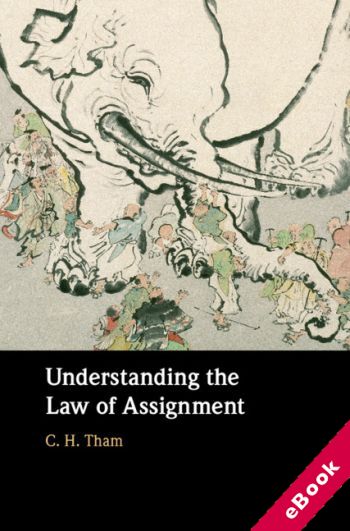
The device(s) you use to access the eBook content must be authorized with an Adobe ID before you download the product otherwise it will fail to register correctly.
For further information see https://www.wildy.com/ebook-formats
Once the order is confirmed an automated e-mail will be sent to you to allow you to download the eBook.
All eBooks are supplied firm sale and cannot be returned. If you believe there is a fault with your eBook then contact us on ebooks@wildy.com and we will help in resolving the issue. This does not affect your statutory rights.
The practical importance of intangible personalty such as debt, bonds, equities, futures, derivatives and other financial instruments has never been greater than it is today.
The same may be said of interests in intellectual property. Yet the assignment of these intangible assets from one to another remains difficult to understand. Assignments are often taken to operate as a form of transfer akin to conveyances of legal titles to tangible personalty. However, this conception does not accurately reflect the law of assignment as it has developed in the caselaw in England and Wales.
This book sets out a different model of the workings of assignments as a matter of English law, one that provides an analytical, yet historically sensitive, framework which allows us to better understand how, and why, assignments work in the way the cases tell us they do.